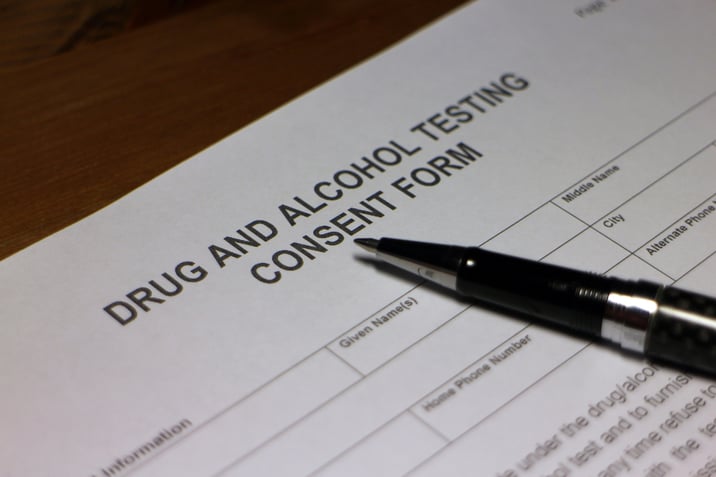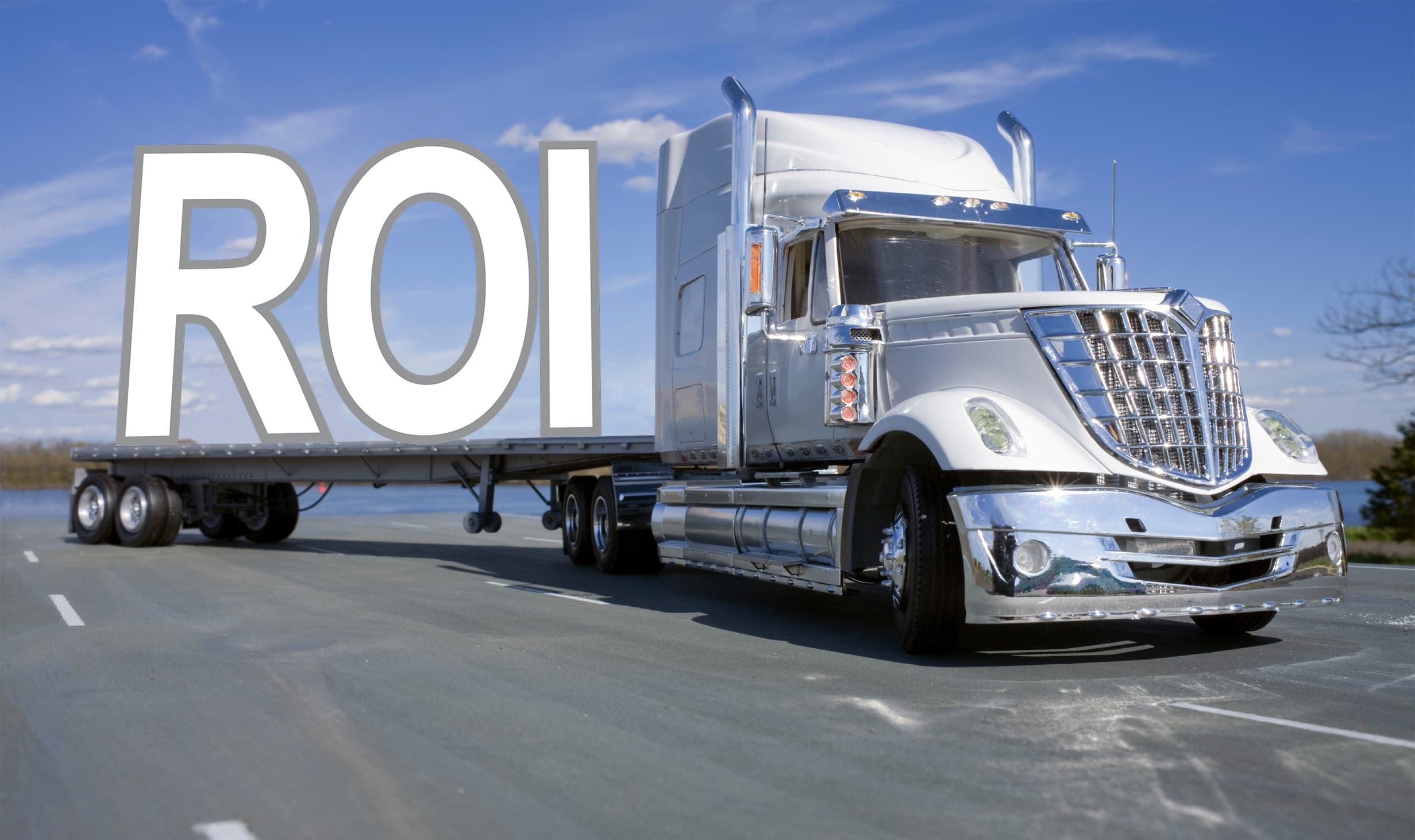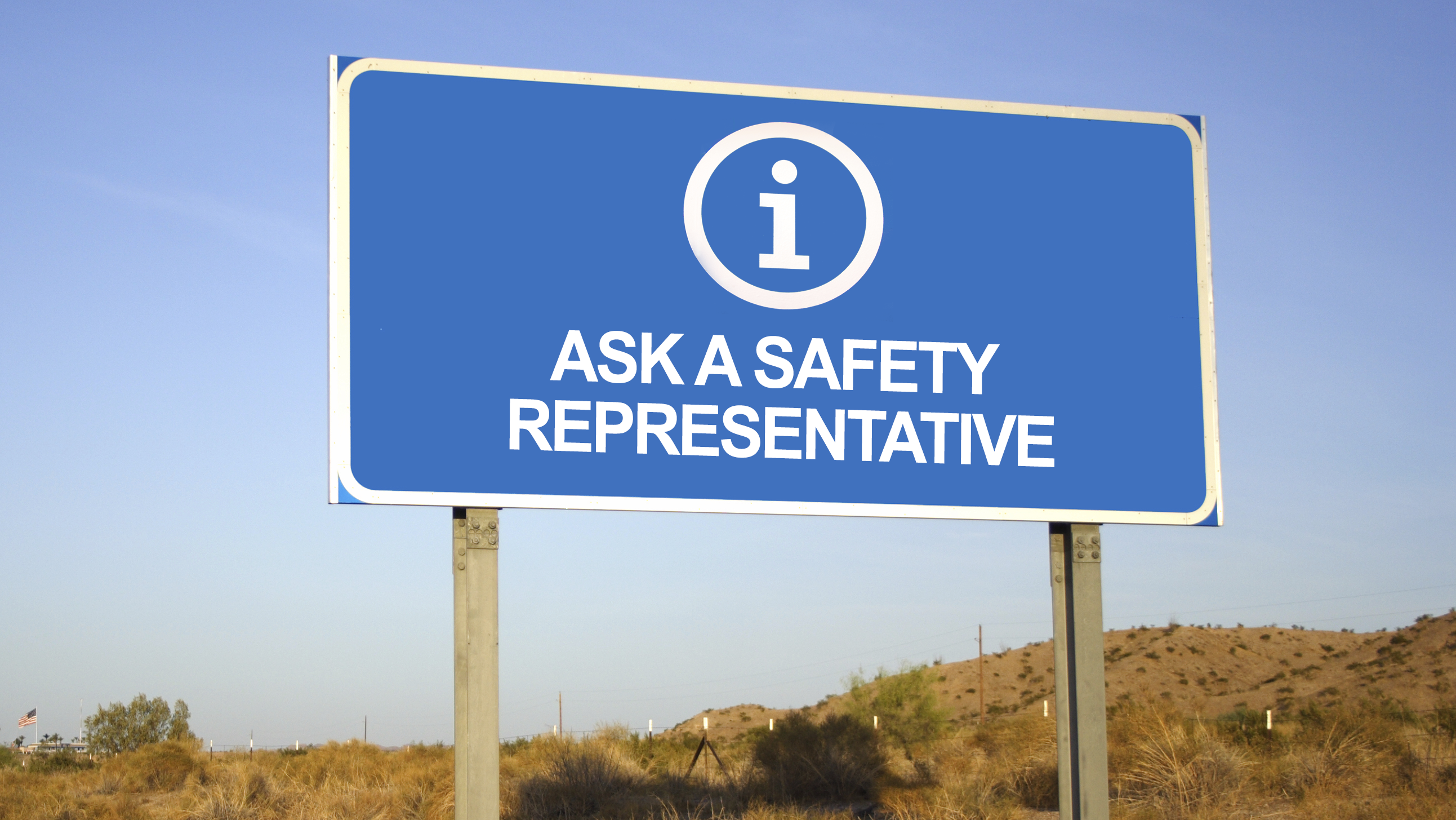Protocols for Drug and Alcohol Testing

WHEN IS DRUG AND ALCOHOL TESTED REQUIRED?
According to the Federal Motor Carrier Safety Administration, who is required to be tested for drugs and alcohol? Generally, anyone who operates a commercial motor vehicle (CMV) (per §382.107) and holds a CDL is subject to DOT drug and alcohol testing. This includes all full-time, part-time, intermittent, backup, and international drivers. Drivers who operate CMVs only on private property are exempt from testing.
WHAT TYPES OF TESTS ARE REQUIRED?
Per FMCSA, CDL drivers are subject to each of the following types of tests:
-
Pre-Employment Testing – New drivers must obtain a negative drug test result to operate a CMV on a public road. An alcohol test is permitted only if all CDL drivers are alcohol tested.
-
Post-Accident Testing – CDL drivers involved in an accident resulting in a fatality or receiving a traffic citation resulting from an injury or a disabled vehicle must be drug tested within 32 hours and alcohol tested within eight hours.
-
Random Testing – CDL drivers are subject to unannounced random drug and/or alcohol testing. For random drug tests, drivers can be selected from a testing pool at any time, even if off duty at home. However, according to §382.305(m), “A driver shall only be tested for alcohol while the driver is performing safety-sensitive functions, just before the driver is to perform safety-sensitive functions, or just after the driver has ceased performing such functions.” When selected, drivers must report immediately to the testing location. Any delay could be considered a refusal to test.
-
Reasonable Suspicion Testing – If a driver exhibits signs of drug or alcohol use, a DOT-trained supervisor can direct a driver to be drug or alcohol tested.
-
Return-to-Duty Testing – A driver who completes the return-to-duty process following a positive test or refusal must be tested under direct observation and test negative before returning to work.
-
Follow-Up Testing – Follow-up drug and alcohol tests are required as prescribed by the substance abuse professional (SAP) who signs the return-to-duty report.
HOW ARE TESTS CONDUCTED?
The testing procedures can be found in 49 CFR Part 40 Subpart E and Part 40 Subpart L.
WHAT ARE THE TESTS LOOKING FOR?
Per FMCSA, test results will report an alcohol concentration of .04 or more and the following controlled substances: amphetamines and methamphetamines, cocaine, marijuana, opiates (opium and codeine derivatives), and phencyclidine (PCP).
CAN A DRIVER REFUSE TO TAKE A TEST?
Yes. However, per FMCSA, a refusal to test is treated like a positive test and will appear in the D&A Clearinghouse.
WHAT ARE THE CONSEQUENCES OF A POSITIVE TEST?
Per FMCSA, employers are required to immediately remove a driver from operating a CMV on public roadways if the driver tests positive, including independent contractors. To be able to return to duty, the driver must complete a substance abuse program.
The information in this article is provided as a courtesy of Great West Casualty Company and is part of the Value-Driven® Company program. Value-Driven Company was created to help educate and inform insureds so they can make better decisions, build a culture that values safety, and manage risk more effectively. To see what additional resources Great West Casualty Company can provide for its insureds, please contact your safety representative, or click below to find an agent.
© Great West Casualty Company 2023. The material in this publication is the property of Great West Casualty Company unless otherwise noted and may not be reproduced without its written consent by any person other than a current insured of Great West Casualty Company for business purposes. Insured should attribute use as follows: “© Great West Casualty Company 2023. Used with permission by Great West Casualty Company.”
This material is intended to be a broad overview of the subject matter and is provided for informational purposes only. Great West Casualty Company does not provide legal advice to its insureds, nor does it advise insureds on employment-related issues. Therefore, the subject matter is not intended to serve as legal or employment advice for any issue(s) that may arise in the operations of its insureds. Legal advice should always be sought from the insured’s legal counsel. Great West Casualty Company shall have neither liability nor responsibility to any person or entity with respect to any loss, action, or inaction alleged to be caused directly or indirectly as a result of the information contained herein.




